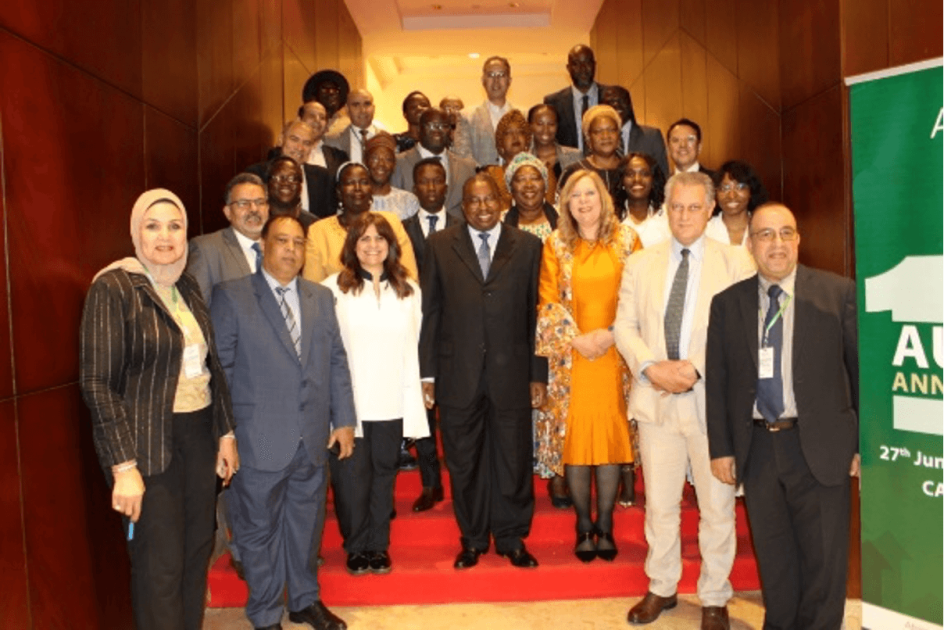Department Resources
January 01, 2024
Supply Chain Management Division Operations Support Services Directorate
January 06, 2023
November 22, 2022
October 12, 2022
September 19, 2020
The African Union Commission (AUC) envisions “an integrated continent that is politically united based on the ideals of Pan Africanism an
June 24, 2020
Highlights of the cooperation with the GIZ-project “Support to the African Union on Migration and Displacement”
June 24, 2020
Violent extremism is a global issue.
October 24, 2024
October 24, 2024
October 23, 2024
February 10, 2022
Agenda 2063 is Africa’s development blueprint to achieve inclusive and sustainable socio-economic development over a 50-year period.




